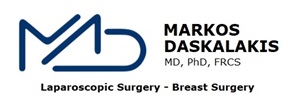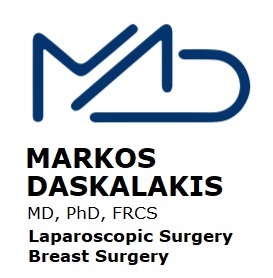Publication output of National Health Service Bariatric centres in England
Description
Obesity has been identified as an independent risk factor for a wide range of health conditions. Therefore, there is a clear need for high quality Bariatric research in order to improve patient selection, outcomes and safety for patients with obesity. We sought to identify and compare the quantitative and qualitative publication output from Bariatric centres in England. We identified 42 National Health Service (NHS) Trusts and 162 surgeons providing Bariatric services in England. A median of 4 (range 1–7) Bariatric surgeons were identified per centre. Eight NHS Trusts (19%) and 75 surgeons (46.3%) had no Bariatric publications during the study period, while 87 surgeons published a total of 432 Bariatric papers. Only 15 surgeons (9%) had ≥10 publications within the study period. However, these surgeons produced >50% of all Bariatric publications. Departments with more than 4 surgeons produced a significantly higher number of Bariatric publications (median 8.5 vs 2, p = 0.01). There is significant variation in research contribution amongst Bariatric centres in England. Academia should be encouraged and promoted across all bariatric services in order to broaden our understanding on Bariatric outcomes by expanding the service and proportional increase in funding. Given that a number of health conditions can afflict individuals living with obesity, bariatric surgery research becomes all the more important.
Publication date: 2021/5/6 - Journal: Obesity research & clinical practice - Publisher: Elsevier
Authors: Vasileios Charalampakis, Leeying Giet, Markos Daskalakis, Martin Richardson, Abd A Tahrani, Kamal Mahawar, Rishi Singhal



